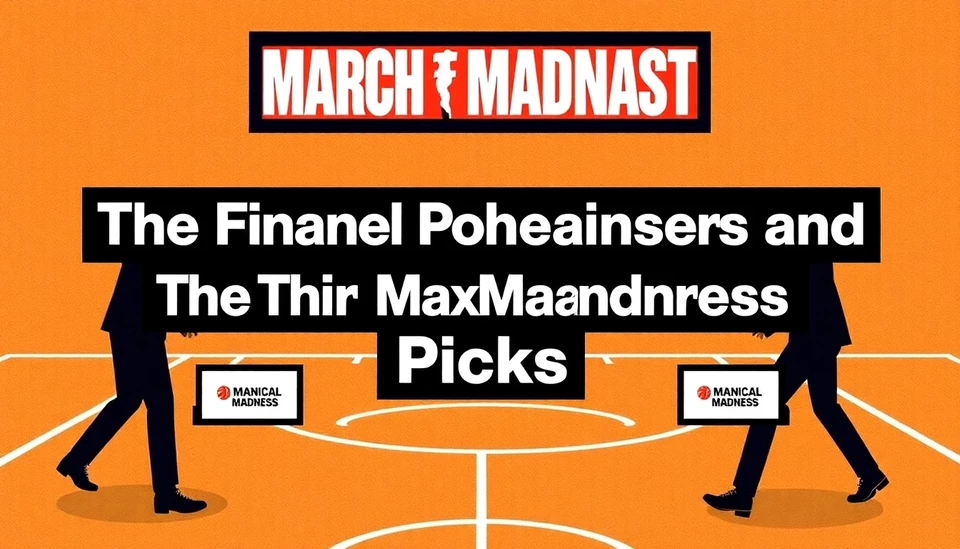
The NCAA tournament, popularly known as March Madness, has captivated basketball fans with its thrilling upsets and underdog stories. However, what many overlook is that success in this competitive landscape is not solely dictated by financial resources. A recent article from Bloomberg highlights how teams with moderate budgets are managing to thrive against their more affluent counterparts, drawing attention to the overlooked dynamics of recruitment, coaching, and team cohesion.
In an era where athletic departments often boast multi-million dollar budgets reserved for hiring top-tier talent and luxurious amenities, there remains a significant number of teams capable of making waves despite having less financial clout. This phenomenon challenges the long-standing belief that vast resources directly correlate with successful tournament outcomes.
Several current tournament contenders epitomize this notion. Programs like Gonzaga and Butler, publicly recognized for their smaller budgets, have consistently outperformed expectations, often reaching the later stages of the tournament. It is their focused recruitment strategies and player development programs that have enabled them to compete at a high level, proving that effective coaching and a solid game plan can level the playing field.
Coaching plays a crucial role in this formula. Many seasoned coaches working with limited budgets are adept at maximizing their players’ potential. They often focus on building team chemistry and fostering a winning mentality, which sometimes outweighs the advantages of simply having more resources. This tactical approach enables teams to better understand their strengths and weaknesses, cultivating an environment where teamwork is prioritized over individual talent.
Moreover, the significance of recruitment cannot be overstated. Teams with strategic scouting systems can identify and secure talent that might fly under the radar of larger institutions. By emphasizing character, work ethic, and a shared vision, these teams create robust units that can compete against more experienced and heavily financed squads. This underscores the idea that passion and perseverance can frequently trump wealth in the high-stakes atmosphere of college basketball.
The analysis points out an emerging trend where smaller programs are beginning to find their footing not through extravagant expenditures, but by executing well-planned strategies. Events this March Madness season have brought to light numerous instances where teams with limited budgets have delivered shocking performances, making for a more unpredictable and exciting tournament.
This narrative of disruption highlights a broader theme in sports: talent is important, but thealchemical combination of vision, strategy, and player development often delineates the difference between a mere participant and a contender. As March Madness unfolds, it becomes increasingly clear that the storylines are richer than just the dollars put into the programs.
As fans and analysts alike anticipate the forthcoming games, one central takeaway lingers – determination, teamwork, and effective management often prevail over sheer spending power. The stories of these smaller programs remind us that in sports, as in life, the heart often trumps the wallet.
#MarchMadness #NCAA #Basketball #Upsets #SportsStrategy #TeamWork #Coaching #CollegeBasketball #Underdogs
Author: Samuel Brooks


